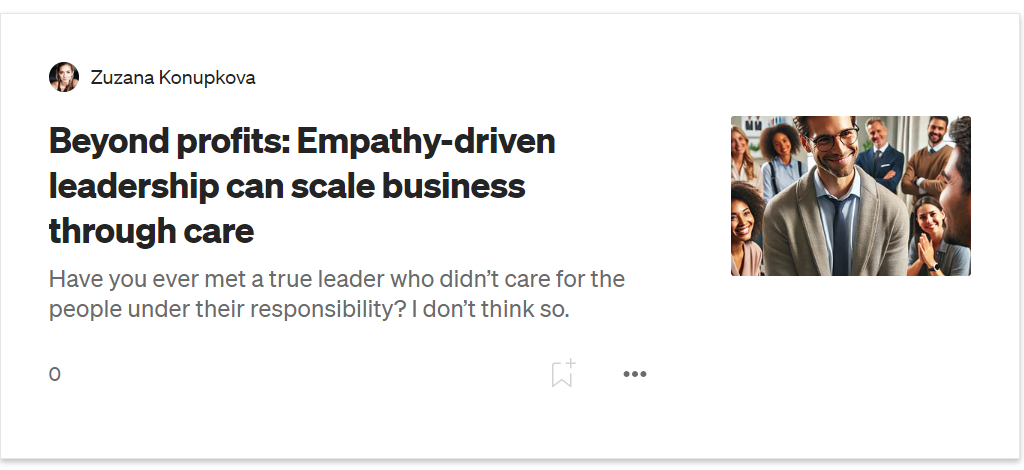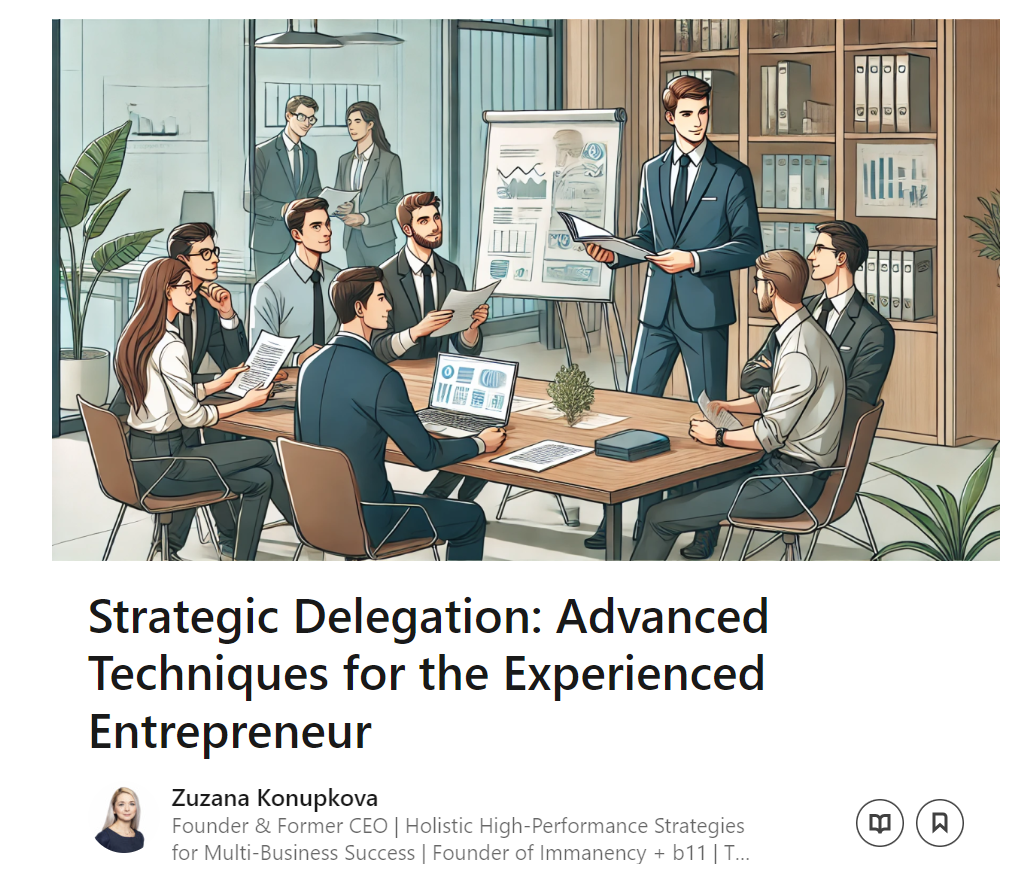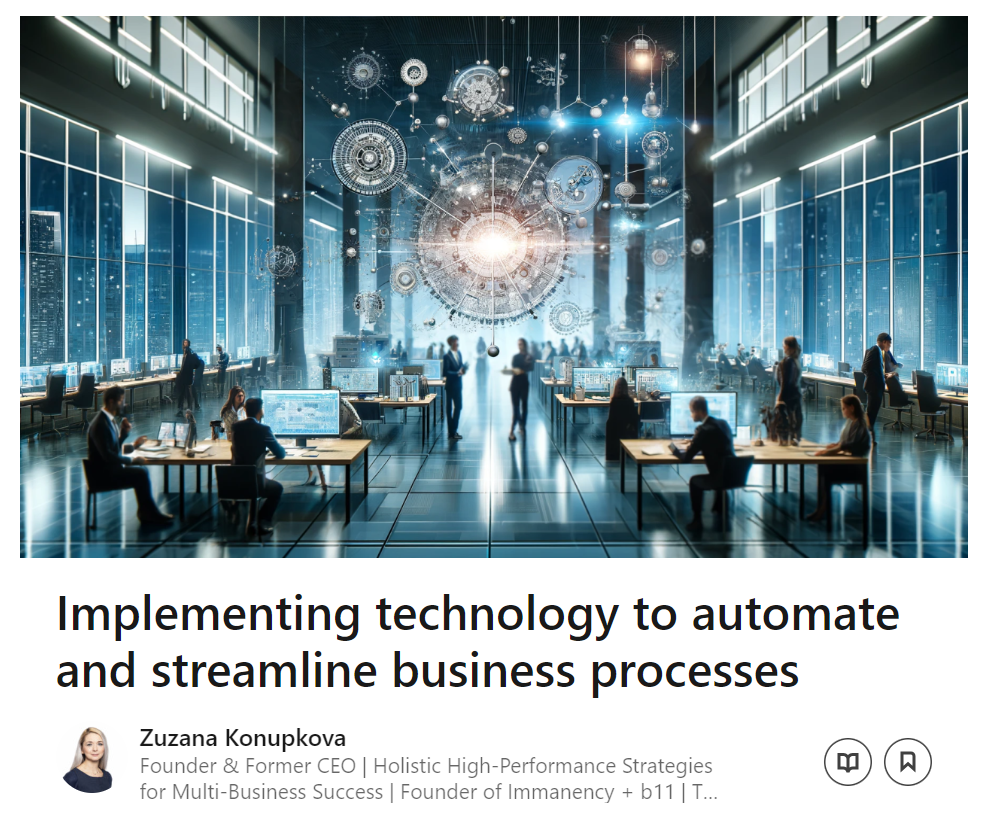Stress and work overload is often a neglected part of many entrepreneurs’ lives. Moreover, when a company grows, you have more companies, responsibilities increase and so does the risk of stress overload.
1 – Recognising stress and understanding its consequences
Be aware of signs! Stress hides behind many subjective symptoms, but if you are irritable for a long time, you feel overwhelmed, have difficulty concentrating, experience anxiety or even physical symptoms such as headaches, muscle tension or find it harder to sleep. It’s high time to do something about it. Stress has taken up residence in your life and unfortunately is the most common cause of serious health, mental and even relationship problems.
I don’t want to name individual ailments whose main cause is stress, but let me at least say that if you don’t start stress management in time, you may burn out, your productivity will definitely not improve and declining performance may even lead to financial strain.
2 – The benefits of breaks
It is very well documented (time blocking, pomodoro technique, 4-day work week) that taking breaks at work helps. And that’s why it’s still surprising how many people still insist on peak performance in long intervals and skipping rest.
Guys! Focus and performance are like a muscle. And even marathoners choose to recover and take a break after a race.
Find your ideal rhythm for you (I, for example, work in blocks and my partner is more comfortable with Pomodoro, someone else needs to switch off at least every Sunday, and another is fine with a long weekend once a month). It’s up to you but pause.
3 – Setting priorities
My well-known saying: “Busyness, does not mean efficiency.” applies doubly here. Busyness can easily tip over into overload.
A basic rule of prioritization:
– Do the least pleasant thing first with the greatest impact on achieving the desired goal (Eat that frog).
– Next up are the urgent matters that didn’t fall into the first category, and if not dealt with, there would be a problem (and no, isn’t 99% of all the activity you think you can do about that in delegation)
– And last, there are the activities that move us towards the goal.
And nothing more! And no question!
4 – Delegation of duty
Up to 70% of your work can be delegated to someone else… Yes, 70% (sometimes even more). Can you imagine how much time you would then have and how much trouble you would save yourself too?
Delegate! Delegate! Delegate!
The rule I would highlight above all others.
I recommend a gradual handover of duties to anyone lower down the pay grade capable of completing the duty properly. Yes, it will take a little work and explaining at the beginning (yes, it can be a hassle), but please realize that you as the owner don’t have to create Excel spreadsheets, order materials or even drive on the way to meetings. (As a reminder, the business owner’s job is supposed to be primarily strategy, then business, and then sometimes at the end operational)
5 – Mindfulness
That’s a brief interlude on breaks. Learn to switch off! Something different applies to everyone, and not everyone has the cells for meditation initially. In my career I’ve seen different ways that have helped different people (dance, watch a favourite episode of BigBang Theory, take a sports car ride, go to a game, play a sport, play one COD battle), just find a not too time-consuming activity that you can unplug at. I personally try this with guided meditations into my headphones (after receiving an ugly number of speeding tickets).
6 – Stay organized
Confusion and not knowing what to where, where you are supposed to be, and what is supposed to happen now, are like a recipe book for stress. Time management, a diary, notes or a creative secretary can remove up to 38% of your stress load. As for the minimalist desk set-up being organized, I have found that it really helps, but I have also encountered clients feeling very uncomfortable in an overly minimalist set-up. Either way, some degree of organization is needed, whether as a stress preventer or productivity helper.
7 – Improving communication
It can also happen that you are stressed out just because you don’t have good communication.
Misunderstandings can be prevented by being open without prejudice and by asking questions. The basic rule is not to prejudge and to ask questions.
A poor or non-existent communication matrix in a company can cause a lot of headaches.
8 – Process optimization
Just as an inappropriate communication matrix causes confusion and stress, processes are an equal if not greater culprit, and by that I mean unset or poorly set up processes. Not knowing who needs to do what and when is a pretty risky stress factor. This is where a closer look at your operations and executive team will help.
9 – Take time to stare
I can hear the sneer now about making time to exercise when you’re struggling to eat. I hear you, and yes I was there once too. However, based on many studies and years of experience, this extra activity feels like a time paradox. You add activity and then you have more time.
What is it? Substances released in the body during and after exercise act as stress relievers, boosters for your concentration and performance, pills to calm you down, viagra or even sleeping pills.
It’s not a miracle, it’s hard work because those muscles have to move to get your own pharmacy going.
10 – Eat healthy
A standard cliché for which Warren Buffet is a prime example of the exception proving the rule. Would you give your children and loved ones what you feed yourself? If not, then don’t eat it either.
It takes fuel to perform. Fueling the body relies on nutrients, vitamins and minerals taken from whole food. You also don’t put some breaded fuel full of chemicals in your sports car, you put the cleanest fuel possible. Don’t ruin your own engine and take proper care of it or your performance and sanity pistons will seize up.
11 – Get enough sleep
I know what Arnold says about sleep duration, but I also know what causes six hours or less of sleep… Besides a possible heart attack (which Arnold himself had) many other maladies. From increasing irritability, and decreasing concentration to permanent consequences. A grown man needs 7-8 hours a day to exercise, and a woman 8-9. Daily, my friends, not once a week.
I understand you’re thinking that this is time you can’t afford, but as is the case with exercise, adequate sleep helps for better performance, and even decision fatigue occurs more often/earlier in tired individuals.
12 – Avoid unhealthy habits
Drugs, smoking, alcohol. The holy trinity of unhealthiness. I really don’t think I need to reiterate the implications of this trinity and so just as a reminder: Forget it. It doesn’t improve or change anything, it just costs money and health and makes you feel worse afterwards.
13 – Prepare a strategy for a rainy day
Scouts have survived many with a smile just because of their motto “Always prepared”.
Life insurance policies were created from a similar perspective. Yes, it can be stressful to think about what bad things could happen (just for a little while), but just as your businesses certainly have contingency plans, have a contingency plan for possible tense situations.
14 – Get help
Whether you need a therapist, a sparring partner for a brainstorming session, or even just to the gym, one thing is for sure. No one achieves success alone. Consider what you struggle with the most and take courage, drop your pride and really get help. Remember, the best have coaches.
I’m 100% sure I didn’t come up with anything new today. We all kind of know deep down, we all know the theoretical part of it. But let me give you this little reminder that the practical part takes some effort and some work. And no, no pill is gonna take the stress away. Maybe it’ll relieve something somewhere, but at what cost? Stifling something else? Side effects?
If your boiler starts leaking, do you solve it by closing the door so you can’t hear the water dripping? I don’t think so.
You’re an entrepreneur and by your very nature you’re entrepreneurial and proactive and since we know the price of that nature it’s good to learn how to take care of yourself and handle stress management.
Photo by JESHOOTS.COM on Unsplash















